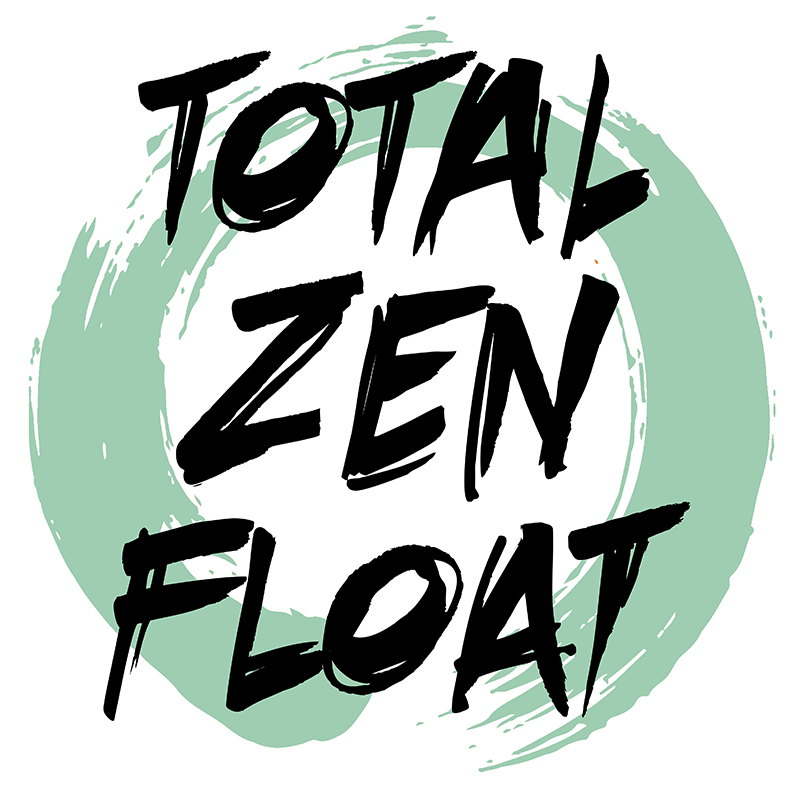You might remember when we blogged about our upcoming PechaKucha event in a previous post.
PechaKucha means "chit chat" in Japanese. It is an event held every quarter in Orlando and hosted by avid Total Zen floater Eddie Selover. For more information about upcoming PechaKucha events in Orlando, check out the website or Facebook Page.
It features 8-10 speakers - usually local folks with interesting stories - and is a fast-paced method of presenting information where each speaker picks 20 Power Point slides which are set to automatically change every 20 seconds.
The catch is this: the speaker has no control over changing the slides. Each slide is played for 20 seconds no matter what. This forces the speaker to "go with the flow" and happens to make for really interesting speeches.
As Selover describes it - all of the extraneous material gets cut out of the talk "leaving only the poetry."
Total Zen's own floater and blogger, Kelli Hastings, was asked to present at PechaKucha last month on June 13. Her speech is about her experiences "in the tank" (i.e. sensory deprivation floating) and about her life journey from tragedy to Love.
What an amazing journey it has been for all of us - at the last PechaKucha event in February, the Total Zen team was in attendance and dreamed about having a talk about floating featured in a PechaKucha event.
Just three months later, we saw that dream become a reality. Life just keeps getting better and better, you know?
Check out the talk and let us know what you think! We'd love to hear from you. And feel free to share the video and/or comment.
